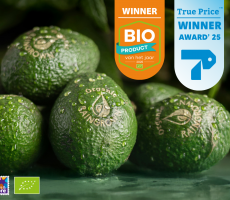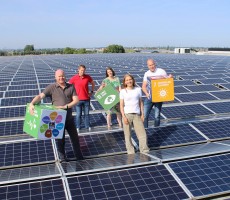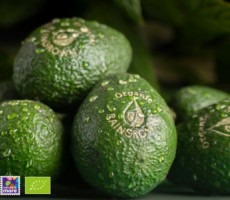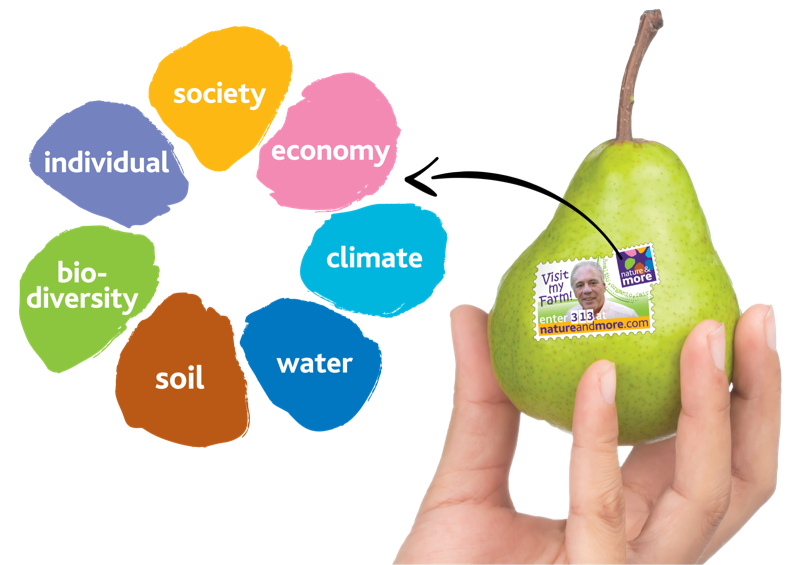Organic farming saves soils. Through the use of compost and other practices the soil is protected and restored. Abundant soil life means sustainable fertility and less erosion by water and wind.
Click here to find out how we calculated the numbers!The positive impact of all our fruits & vegetables sold
Since 1 january 2020
?
Saved soil (kg).
000,000,000
?
CO2 reduced (kg)
000,000,000.0
Organic farming is climate resilient. Emissions are less because organic farming does not use inputs like artificial fertilizer and pesticides. Also, organic soils sequester more carbon from the air.
Click here to find out how we calculated the numbers!?
Water saved (L).
0,000,000,000
Organic farming saves water and keeps it clean. Pollution is prevented by not applying agrochemicals. The soil has a better water-holding capacity and therefore requires less irrigation.
Click here to find out how we calculated the numbers!


















